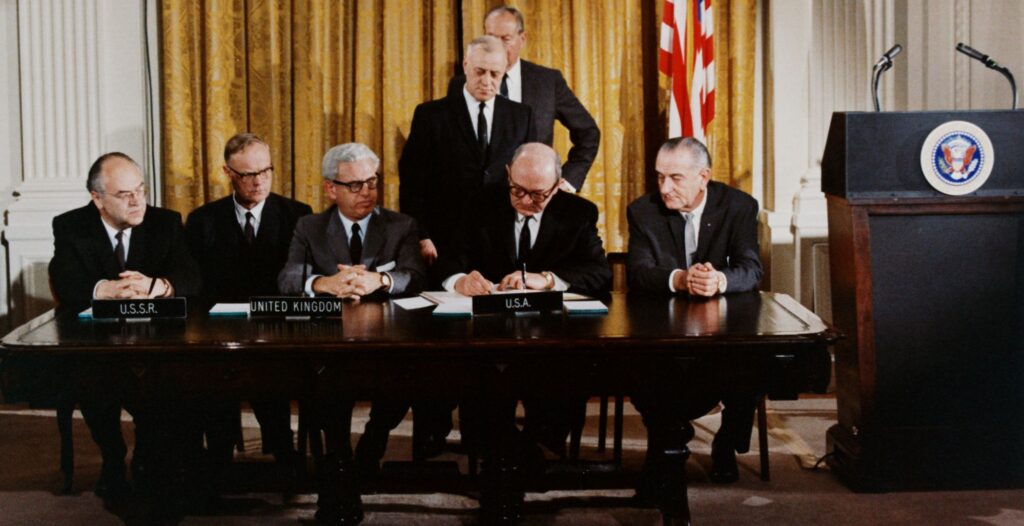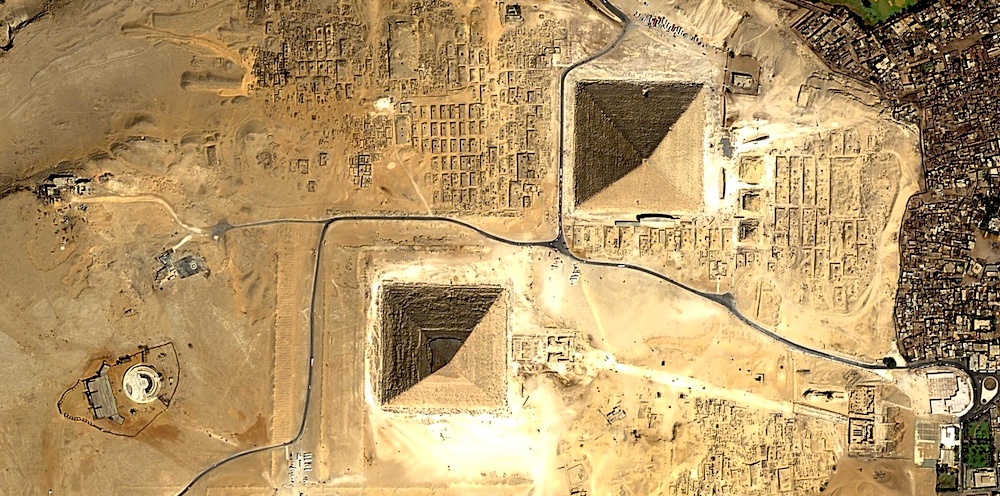Nearly everyone knows the story of Despicable Me and how the villain, Gru, tries to steal the moon. While this is a harmless part of a movie plot, the idea of taking and owning the moon is far from purely fictional. Even though the United States was the first nation to land on the moon, no country as of now owns the moon. In fact, “space activities are for the benefit of all nations, and any country is free to explore orbit and beyond [and] there is no claim for sovereignty in space; no nation can ‘own’ space, the Moon or any other body” (International Space Foundation).

The issue of owning the moon is not stagnant, however. In fact, some speculate that the conflict over owning the moon may even be so intense that it could set the moon up “to become the new Wild West… [as the question about who owns the moon] is no longer a rhetorical question but rather one that goes to the heart of a governance deficit that is likely to spur interstellar confrontation” (Manning, 2023). If any one country were to end up owning the moon, it could change the face of space archaeology as people would be able to take control of the moon and its resources. This could have the potential to go a couple ways: one, be positive and potentially increase growth in science and archaeology; or two, be negative by limiting essentially everything about the moon to one country, which would restrict who was able to make advances in science and archaeology.

But how does owning the moon even relate to archaeology? Well, as “the new space race fires up, scientists have proposed an entirely new field – planetary geoarchaeology – to study the imprints and objects humans leave behind” (Nicitopoulos, 2023). While some may argue that archaeology can’t be relevant in space because space junk and human contact with the moon isn’t old enough and because there is no digging happening on the moon. However, archaeology doesn’t necessarily have to involve those aspects, as archaeology is when humans “study the human past through the physical remains of past human activities” (University of Nevada Reno). This means that space debris and other spacecraft that have returned from the cosmos can be studied in archaeological ways.
Understanding the moon and space in an archaeological way allows people to better understand what archaeology actually constitutes, and breaks the idea that archaeology has to look like it does in movies with pits and digs.
References:
Gershman, Jacob. “The Moon is a Huge Potential Resource. But Who Owns It?” The
Wall Street Journal. July 14, 2019. https://www.wsj.com/articles/the-moon-is-a-
huge-potential-resource-but-who-owns-it-11563152580
“International Space Law.” International Space Foundation. https://www.space
foundation.org/space_brief/international-space-law
Manning, Robert A. “Who Owns the Moon?” Foreign Policy. May 2, 2023. https://foreign
policy.com/2023/05/02/moon-outer-space-ownership-united-states-china-competi
Nicitopoulos, Theo. “Are We Entering a New Era of Space Archaeology?” Discover.
September 28, 2023. https://www.discovermagazine.com/the-sciences/are-we-
entering-a-new-era-of-space-archeology
Parcak, Sarah. “How Space Technology is Revolutionizing Archaeology.” Literary Hub.
July 16, 2019. https://lithub.com/how-space-technology-is-revolutionizing-
“What is Archaeology?” University of Nevada Reno. https://www.unr.edu/anthropology/ about/archaeology
Further Reading:
https://www.wired.com/story/space-archeology-international-space-station/

What are some prospective study directions for planetary geoarchaeologists, and why would these subjects be important?